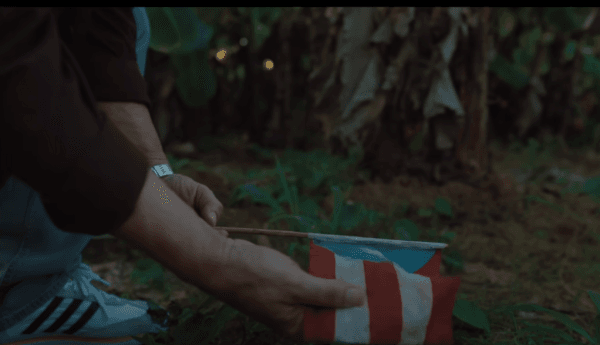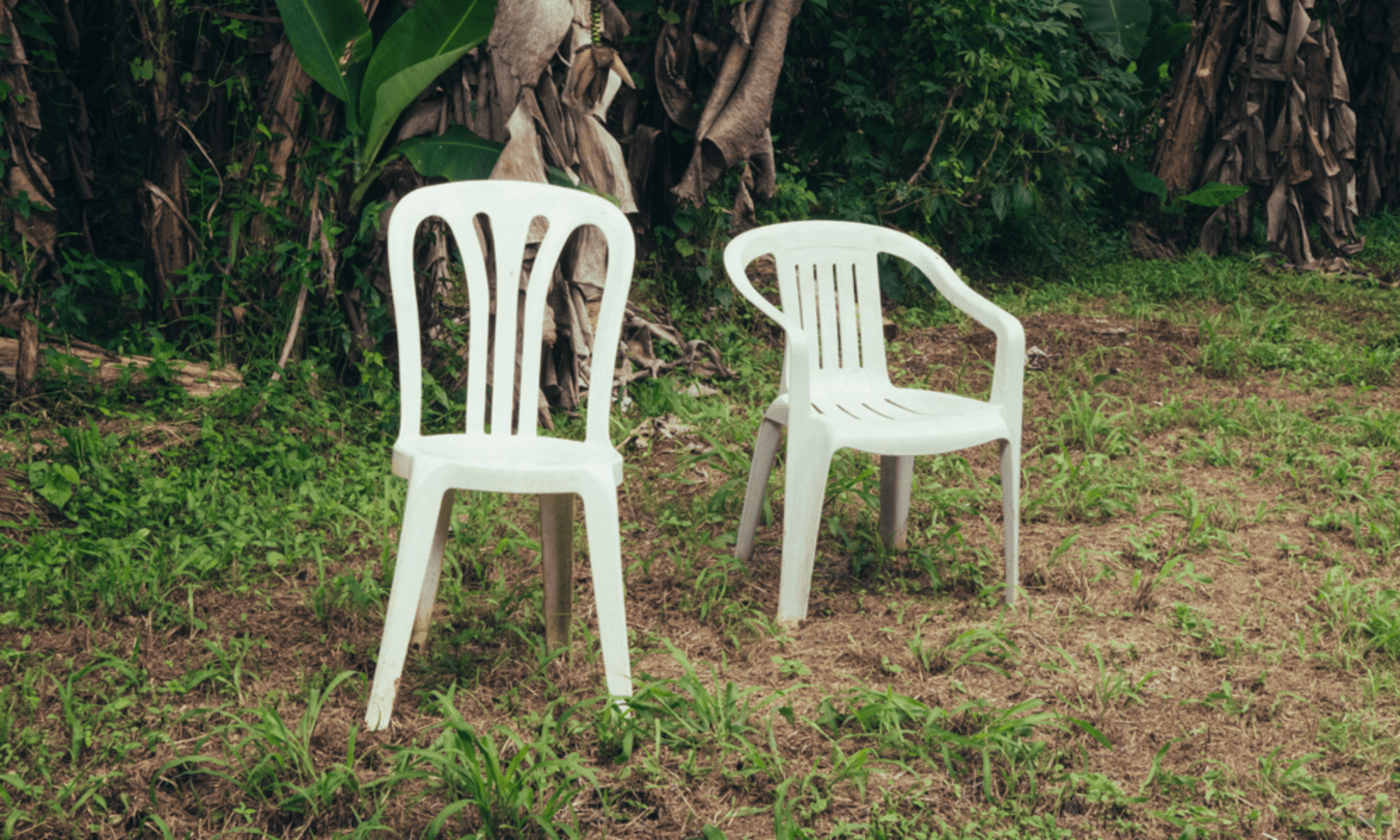Bad Bunny (Benito Martínez) is Latin America’s biggest artist of the last decade. He’s a Puerto Rican singer and rapper, whose discography consists mostly of trap and reggaeton hits.
However, throughout his career, Bad Bunny has always made time to speak about his Puerto Rican origins and the issues his country faces, mostly at the hand of US imperialism.
US Imperialism
Debí tirar más fotos (DtMF), his sixth studio album, is now his most ‘Puerto Rican’ – and therefore his most political – album yet.
Though the album still has songs that follow the usual style and content of reggaeton songs – romantic relationships and partying – other songs explicitly denounce US imperialism and colonialism, in particular Lo Que Le Pasó a Hawaii (“What happened to Hawaii”).
This track talks about the exploitation of Puerto Rico’s resources and the displacement of its native people. Its style is a lot slower and more sombre, as a warning that the pattern is eerily similar to what happened to Hawaii.
Hawaii’s annexation as the 50th state of the US was the end of decade long struggle that culminated in a US orchestrated coup. In the end, the native culture and language was almost erased by displacing the native people for the expansion of sugar plantations and tourist hotspots.
Puerto Rico is already a “free associated state”. Since 2012, a tax regulation (Act 60) has led US natives and tourism multinationals to settle in Puerto Rico. Property and rent prices have since skyrocketed, pushing natives out of their homeland.
This song praises PR’s natural beauty, and its people’s hardship in both leaving their native land and struggling to stay. Above all, it warns:
“No, don’t let go of the flag or forget the lelolai (a common ad lib in jibarro music)
“‘Cause I don’t want them to do to you what happened to Hawaii.”
The song has spread like wildfire across social media. Natives to Costa Rica, Oaxaca, and even on the other side of the Atlantic in the Canary Islands have made videos commemorating their culture and denouncing the tourism multinationals that have changed the landscapes of their homes.
Cultural resistance

DtMF is not just a celebration of, but also a preservation of Puerto Rican culture. The album contains reggaeton and dembow, but most songs use rhythms and sounds widely from boricua (Puerto Rican) culture, such as bomba, plena and musica jibara.
Bomba is a genre of dance music created by enslaved Africans working on the sugar plantation as a way to express suffering, joy, and a way to resist the oppression they went through. It is created using a bomba, a type of drum, followed by other percussion instruments, that create a call and response dynamic with the dancers.
Plena was created by working-class Puerto Ricans to parody the upper class and their social conditions. Evolving from bomba, plena tells a story through choreographed dance and lyrics. Covering what was happening in people’s lives, plena is often described as the ‘newspaper of the people’.
The album’s titular song, Debí tirar más fotos (“I should’ve taken more pictures”) reflects on how to capture moments of cultural authenticity, family, and childhood friends lost to migration.
@badbunnytik tok♬ original sound – Shake de fresa
DtMF has put into words – and incredible beats – US imperialism’s exploitation of Puerto Rico and its natural resources, as well as forced migration, the repression of the independence movement, and poverty on the island.
In another song referencing his dad, Martínez writes:
“The oldest of six, working since he was a kid
Driving trucks like his dad and grandfather
Even though his dream was always to be an engineer.”
Bad Bunny’s work has certainly touched a nerve across the youth of the entire region. It has awakened a celebration of Latin American culture, but most importantly criticism and questioning of their conditions, the erosion of their living standards, environmental destruction, and corruption across the region.
Videos all over social media use the album to showcase the beauty and the troubles that plague the region, with a focus on the destructive role of US imperialism.
This album is very thoughtful, with great production. But its explosion in popularity cannot be attributed only to its form. DtMF’s content has articulated a sentiment that Latin American youth carry with them every day.
The future of Latin America people cannot be guaranteed by admiring its rich and lively culture, but through the fight against US imperialism and its local lackeys.






